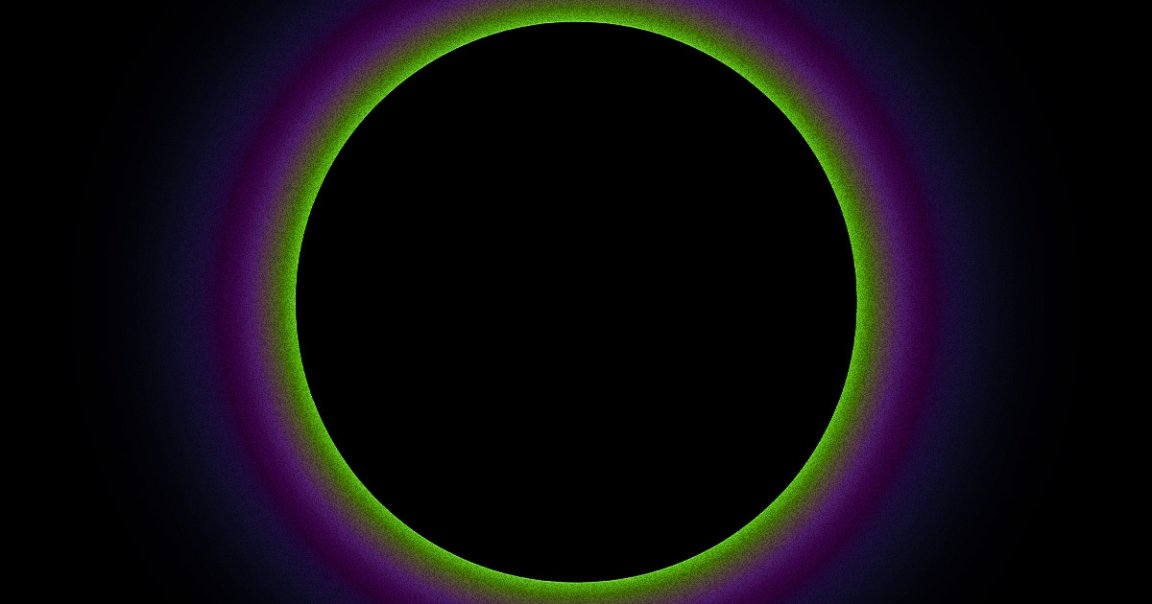
Dark Memes
A new planetary theory just dropped — and reader, it gets kind of dark.
In a not-yet-peer-reviewed paper, physicists led by University of Wisconsin-Madison theoretical physicist Yang Bai declared that our current mode of exoplanet detection may in the future help Earth-bound astronomers detect entire worlds out there made of the mysterious substance scientists refer to as dark matter.
The way we currently detect exoplanets, the paper notes, involves observing how the planet affects the light of its host star, because when those planets pass in front of our telescopes, it dims their stars’ light just slightly.
Using this same methodology, the team of scientists posits that if telescopes detect some disruption in a star’s light that doesn’t appear to follow the rules of regular exoplanets, they could turn out to be very exotic — what the researchers are calling “dark exoplanets,” made entirely of dark matter.
Macro Matter
Dark matter is a theoretical material whose existence we can only infer by observation of its effects on other stuff, because we can’t see or detect it the way we do typical or baryonic matter. Basically, the existence of large amounts of dark matter could explain why observations of the universe don’t show it behaving quite the way it should. Something’s gotta account for that matter discrepancy, and dark matter is the prevailing theory.
While dark matter is usually discussed in the context of individual particles, this research focuses on another form: composite structures of dark matter that could exist on a “macroscopic” level. Per their calculations, these structures could have masses as large as planets.
“A macroscopic dark matter state with its mass and/or radius similar to those of a planet will behave as a dark exoplanet if it is bounded to a star system,” the paper’s writers noted, “even if the object’s underlying physics resembles something else entirely.”
Perhaps the most important thing about this kind of theory — which, we must remind you, has not yet passed the rigors of peer review — is that it hinges upon a substance that can’t be seen or measured in any normal way. There are some scientists, in fact, who don’t believe in its existence at all.
Thus far, needless to say, no “dark exoplanets” have been detected, but this exciting theory suggests that there may be a pretty simple way to find them — if only scientists are willing to look.
More on dark matter: Scientists Just Detected the Oldest Dark Matter Ever Observed